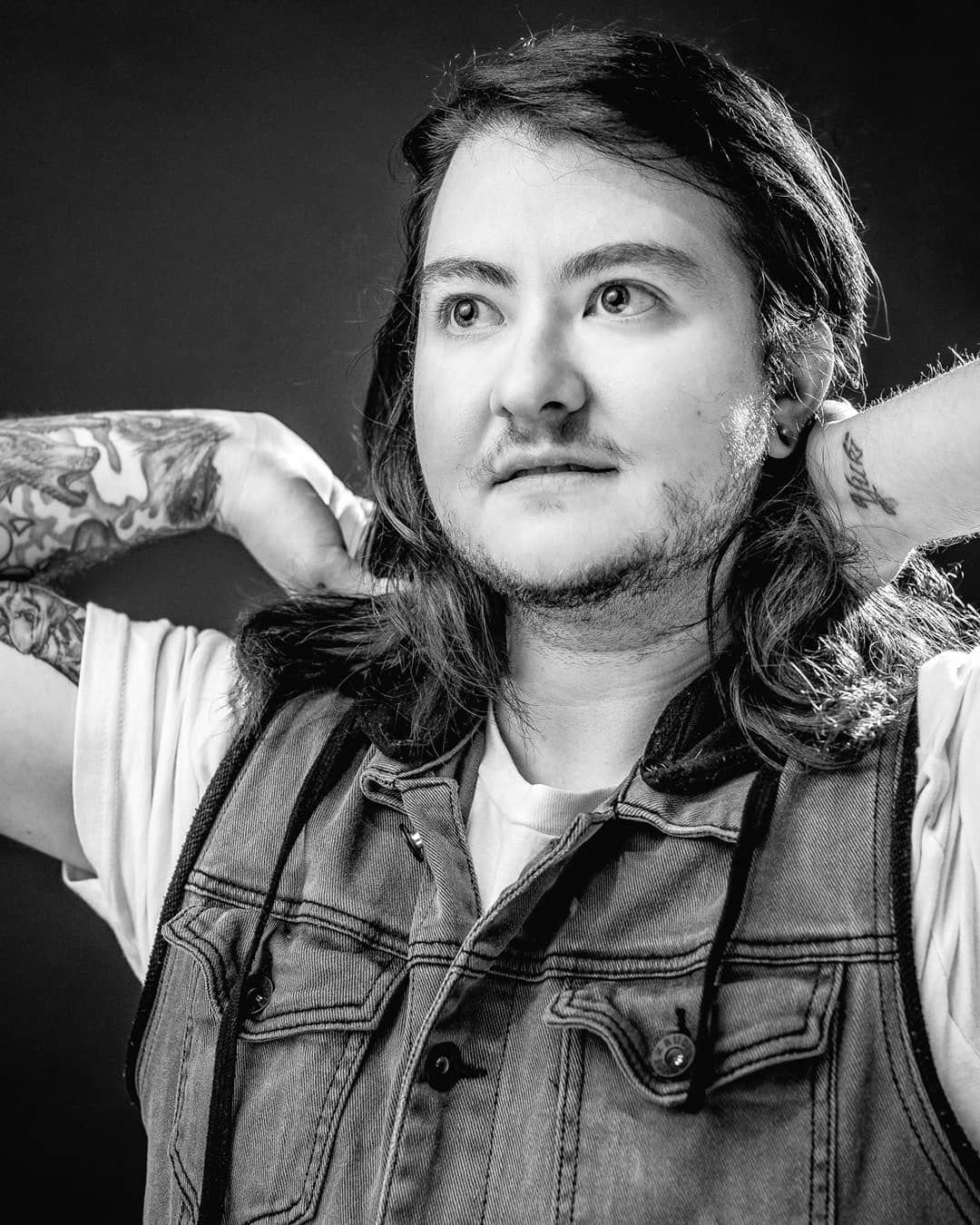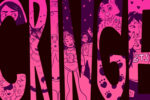In June 2020, controversy spiraled on Twitter after J.K. Rowling posted a series of tweets that were blasted as transphobic. “Harry Potter” fans — both transgender and not — who were appalled by the statements remained divided on how to approach their favorite series after the backlash. Many proclaimed that they could still enjoy J.K. Rowling’s works without supporting the author or her transphobic views. The idea of “separating the artist’s views from their art” became a central theme of the conversation. However, questions still arise about whether or not it is really possible.
Discussions Before 2022
Long before Rowling’s controversy, many questioned whether they can separate a work of art from the morals and values of the person who created it. This is especially true when the artist has committed a problematic or unspeakable act. From Louis C.K. to Chris Brown to Bill Cosby, people are often shocked at how the public figures they have come to know and love could perform morally questionable acts. Even though these situations are not new, the age of social media has put these instances more in the public eye. For instance, if it weren’t for Twitter, would millions have known about Rowling’s transphobic views? Would the #MeToo movement have taken off if not for social media? Before post sharing and access to 24/7 news on demand, how would many Americans have been informed?
Americans Have Always Struggled With This Concept
Even though Charlie Chaplin was beloved by millions across the globe for most of his life, he had a negative reputation regarding his treatment of women and his own children. The movie star and filmmaker had married girls as young as 16. Despite all of this, he was able to continue to make movies and stay in the hearts of his fans. Nowadays? His off-screen antics are simple to find on Google, leaving modern generations deciding for themselves whether or not they want to enjoy his art. Ezra Pound is another early example; Pound was a famous poet popular in the early 20th century. Even though he was highly revered for his work, his antisemitic writing and history of fascist views are now readily available to find online. Even Pablo Picasso himself has been exposed for his rampant misogyny. In a 21st-century digital world? Anyone in the world can know how the famed painter felt about the women he painted.
“Separating the Artist From the Art” Was Introduced in the 20th Century
A 1923 quote from T.S. Eliot read, “I have assumed as axiomatic that a creation, a work of art, is autonomous.” With that, the New Critics adopted the radical idea that art should be separated from the artist. This early form of literary analysis focused on analyzing literature without any regard for the person who penned it. Even though the analytical approach of the New Critics is not often used anymore, young students are still often taught the imperfect ideals of separating art from the artists. Postmodernists adopted similar ideas with their assertion that “the artist is dead.” This meant that works should be interpreted fully by readers and not by the authors themselves. These views continued to adapt and evolve over time.
Art Can Be Extremely Personal for the Artist and the Consumer
Music, literature, paintings and other artful forms of expression can be extremely personal for both those who create them and those who interpret them. A 2021 opinion piece from The Appalachian raises the point that if the meaning of art cannot be separated from artists such as Frida Kahlo, we should not be so quick to separate the artist from the art in other instances. Creative works are typically influenced by how their creators see the world. If their creators see the world through a bigoted or abusive mindset, what’s to say that people are not supporting the artists’ views by consuming the art itself?
Consuming Art From Problematic Artists May Support Them Financially
Many art producers from musicians to authors and actors need people to keep reading, watching and listening to stay relevant, profitable and make a living. Considering this, is it ethical to consume media from those who have done harm to others? Some have made recommendations on how to consume media without giving money directly to the person who made it. These options include ideas such as checking a book out of a library instead of buying it. With financial support, the problematic artist continues to escape accountability. Even if the artist themselves aren’t seeing the majority of the money from sales and royalties, the systems that enable them still profit.
The #MeToo Movement Has Helped Remove Some Abusive Artists From Their Platforms
The #MeToo movement has exposed many men in film and related industries who used their power to commit sexual abuse. As a result? Some of these men have lost much of their power, and some of their profit. Many more, however, continue to find work and maintain their fame — one example being Dr. Luke, a music producer who has worked with acts such as Kim Petras and Kesha. Dr. Luke made headlines in 2014 after Kesha’s allegations of sexual assault. Despite an uphill legal battle, Kesha was not allowed to be released from her music contract with Dr. Luke. Meanwhile, he continued to have a successful career with few repercussions. As many have pointed out, the public’s refusal to hold those in power accountable for their actions produces little change.
Can We Really Separate Artists From Their Art?
In a day and age where the abusive views and actions of any media figure can be easily researched and exposed, one may argue that it is not ethical to “separate artists from their art.” While this may mean missing out on a novel or movie or television show because it is made by someone whose ethics clash with your own, there are countless alternatives to choose from.
















